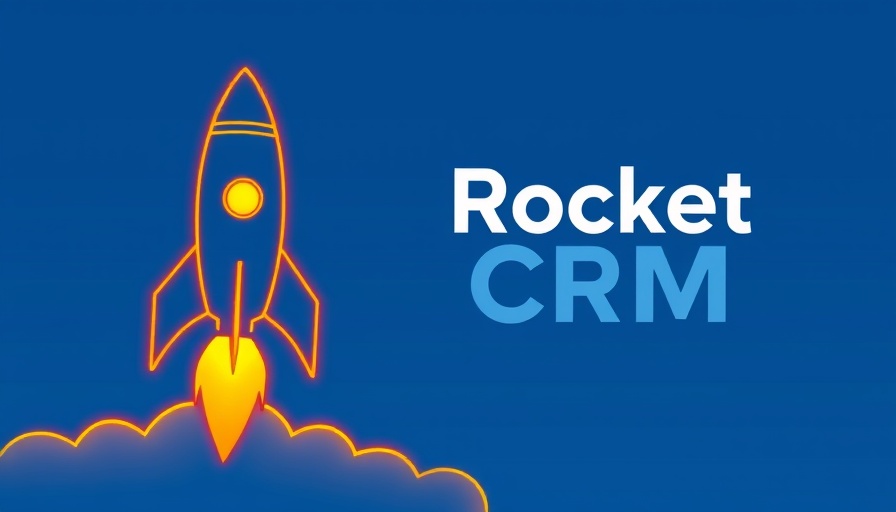
Choosing the Right Web Hosting Service for 2025
As we look toward 2025, selecting a reliable web hosting service is more critical than ever. With advancements in technology and changing consumer behaviors, businesses and individuals must be equipped with hosting solutions that not only provide speed and reliability but also align with their marketing processes. Every website's success hinges on its hosting capabilities—from load times to uptime guarantees, the right web hosting service can positively impact targeted sales and overall user experience.
Key Features to Consider
When evaluating web hosting services, several features stand out. First and foremost, potential users should prioritize uptime reliability. A hosting service with a guaranteed uptime of 99.9% ensures your website remains accessible, which is essential for building trust and increasing sales. Additionally, speed is crucial; websites must load quickly to maintain user engagement.
Another vital aspect to consider is customer support. Reliable support services will help troubleshoot issues whenever they arise, allowing website owners to focus on other important business decisions instead of technical headaches. When checking reviews, look for comments regarding customer service experiences.
Emerging Trends in Web Hosting
As technology evolves, so do the trends in web hosting. One significant trend anticipated in 2025 is the rise of eco-friendly hosting options. As global consciousness shifts towards sustainability, hosting companies are likely to offer green hosting solutions that utilize renewable energy sources.
Furthermore, more businesses will seek out hosting services that come equipped with advanced security features. Cybersecurity remains a prominent concern; hence, hosting platforms with SSL certificates, automatic backups, and DDoS protection will likely become the standard.
Understanding the Pricing Models
Choosing a web hosting service isn't solely about features; cost is a critical consideration too. Pricing models vary significantly between companies, often depending on the services offered. You might encounter shared hosting options, which are generally more affordable but less robust, versus dedicated hosting, which provides an entire server for your use but comes at a higher price point.
For new businesses or those looking to work part-time on a project, shared hosting may present a low-risk entry point. However, as your business grows and you begin to control your schedule more around your online presence, upgrading to VPS (Virtual Private Server) or dedicated hosting may be necessary to maintain peak performance and accommodate increasing traffic.
Actionable Insights for Small Businesses
For small or part-time businesses, the right web hosting can streamline online operations significantly. Begin by mapping out what you need: Do you plan to market heavily? Will your site require eCommerce capabilities? Knowing this upfront will guide your decision and help you avoid common pitfalls such as selecting a host too weak to handle your traffic or too expensive for your budget.
When negotiating services, don’t hesitate to ask providers about their targeted sales capabilities. Often, they can provide insights into market trends or tools that will enhance your website's performance.
Conclusion: The Road Ahead
The world of web hosting continues to evolve, and the choices available today reflect a broader understanding of what both businesses and consumers need. Selecting the right hosting service is a proactive step toward establishing a successful online presence. By being informed about the latest features, trends, and pricing models, you can make a choice that aligns with your goals—ensuring your website is not just hosted, but thrives in the competitive digital landscape.
With all this in mind, take the time to assess your needs and explore various hosting options before you make a decision. If you act now, you can position your site for success and growth in the digital environment of 2025.
 Add Row
Add Row  Add
Add 




Write A Comment